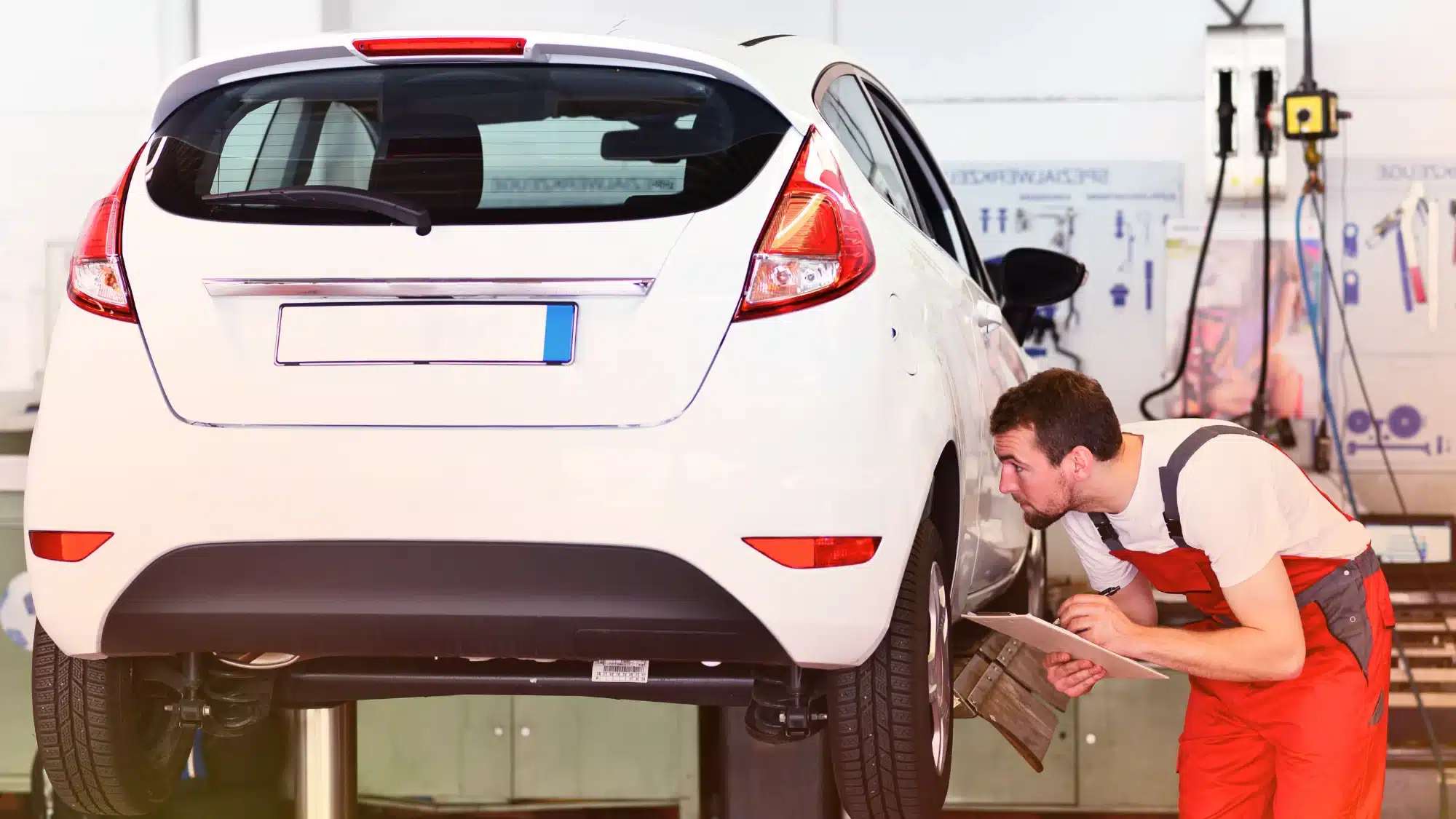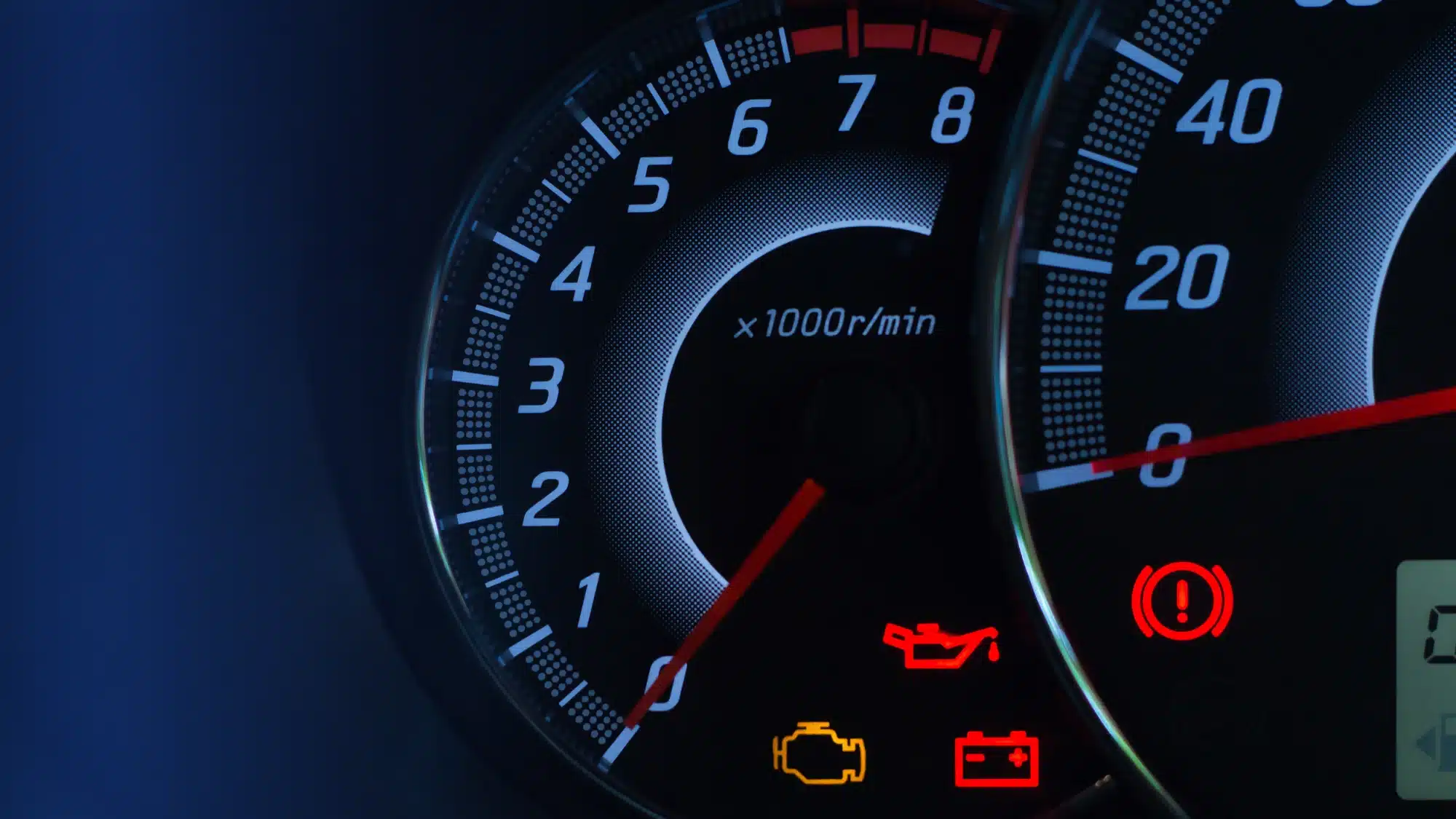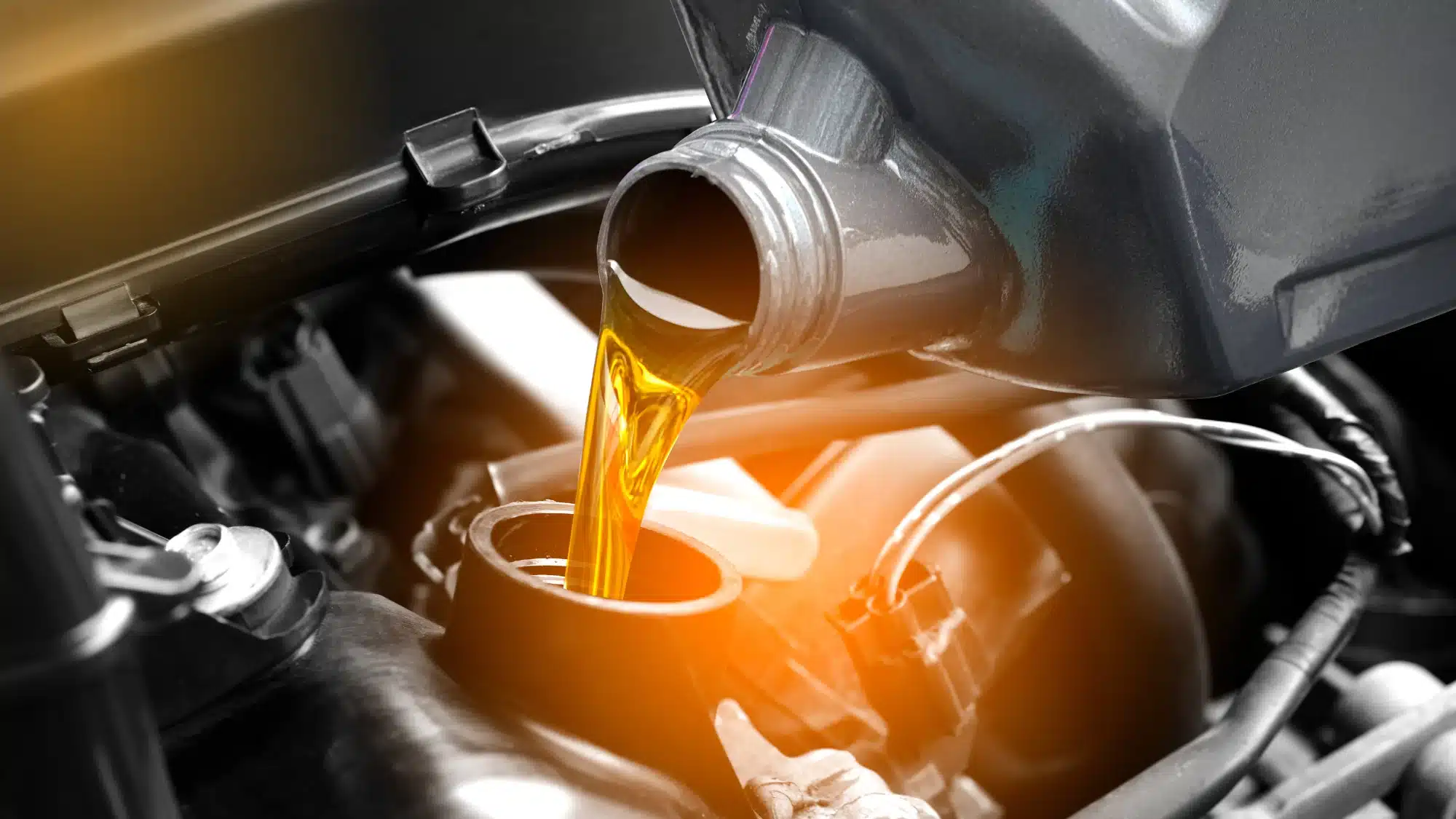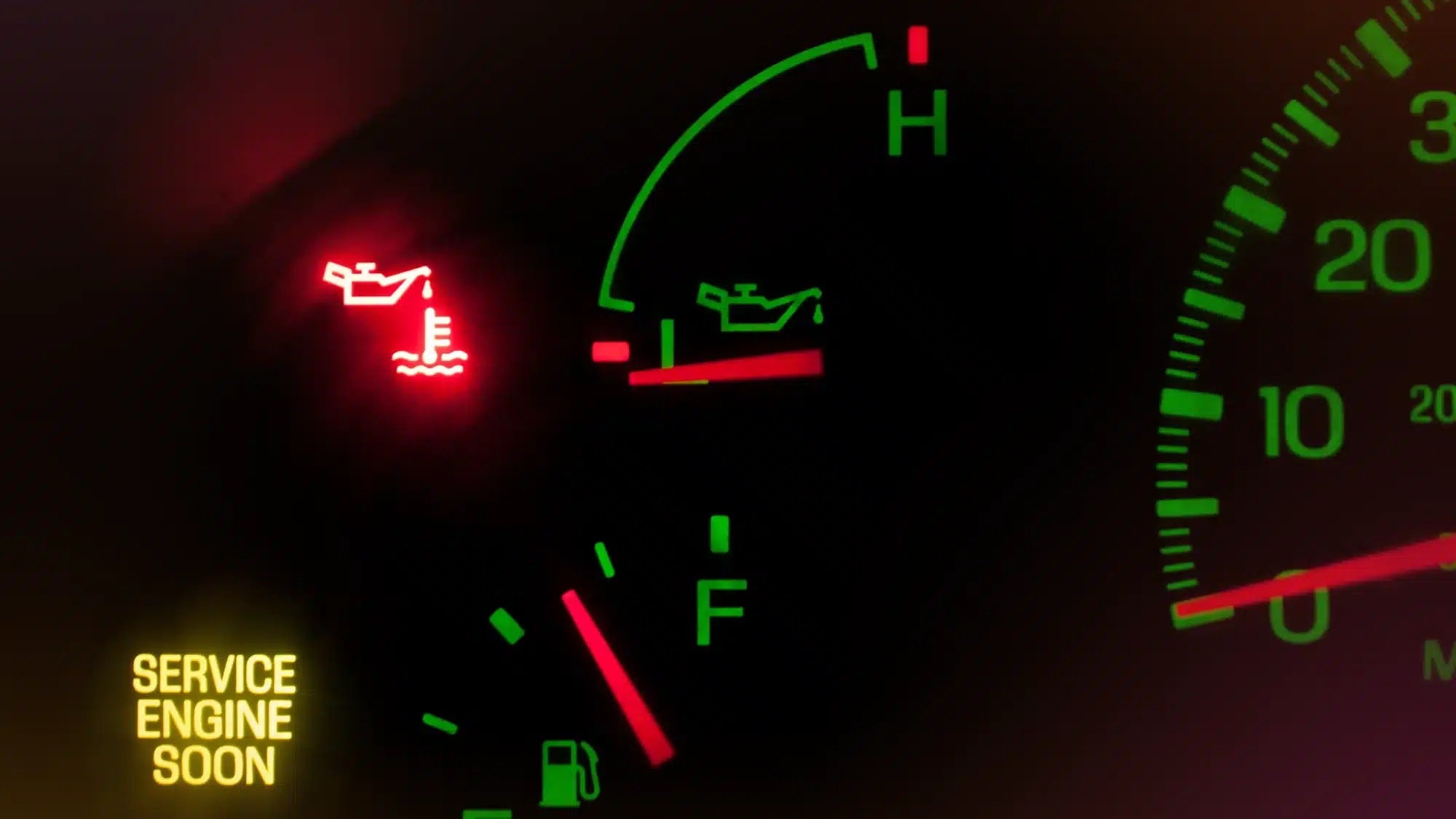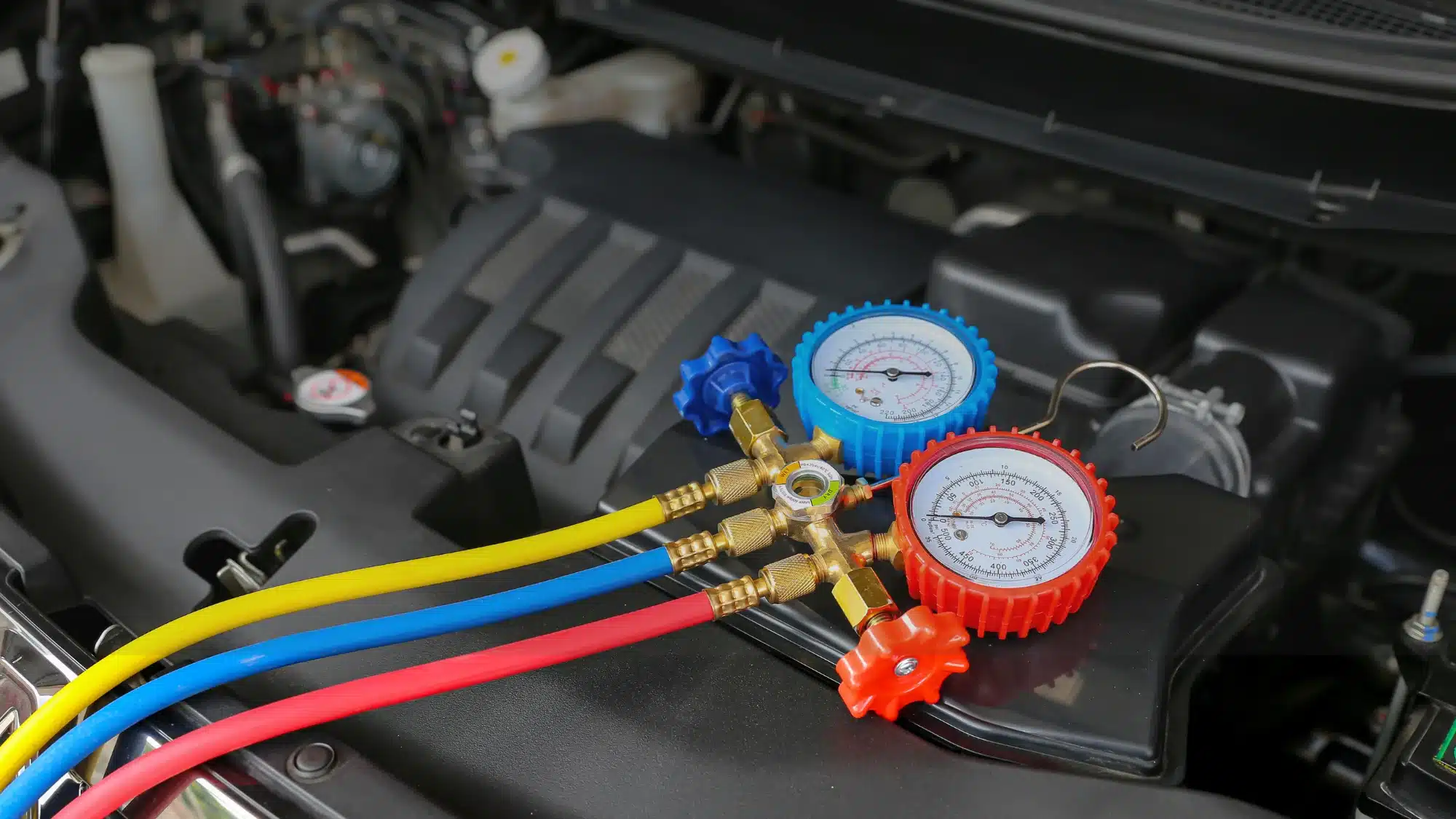Maintaining a healthy transmission is essential for your vehicle’s performance and safety. Whether you drive an automatic or manual, understanding common issues and troubleshooting steps can save you time, money, and stress. If you’re searching for “auto brake repair near me,” remember that transmission health is just as crucial for your car’s reliability and safety.
Understanding Transmission Types
Automatic Transmissions
Automatic transmissions are valued for their convenience, especially in city driving. However, their complexity means they can develop issues more frequently, and repairs can be costly.
Common Problems:
- Slipping Gears: Unexpected gear changes or trouble staying in gear often indicate worn clutch plates or low fluid levels.
- Delayed or Rough Shifting: Hesitation or harsh transitions may result from low fluid, worn solenoids, or internal wear.
- Fluid Leaks: Puddles under your car or a burning smell can signal leaks from seals or gaskets.
- Unusual Noises: Whining, humming, or clunking sounds may point to internal damage or fluid issues.
Troubleshooting Steps:
- Check Transmission Fluid: Ensure the fluid is at the correct level and isn’t burnt or dirty. Top up or replace as needed.
- Inspect for Leaks: Look for fluid under your vehicle and have seals, gaskets, and the transmission pan checked.
- Run Diagnostics: Use an OBD scanner to check for error codes that may indicate electronic or sensor issues.
- Consult a Professional: For internal or complex problems, seek a transmission specialist to avoid further damage.
Manual Transmissions
Manual transmissions are generally simpler and more durable, but they have their own set of challenges.
Common Problems:
- Difficulty Engaging Gears: A spongy clutch pedal or grinding sounds often signal a worn clutch plate or release bearing.
- Gear Slip or Shifting Issues: Trouble staying in gear or moving between gears may be due to worn synchronizers or linkage problems.
- Fluid Leaks: Although less common, leaks can still cause shifting problems and internal wear.
Troubleshooting Steps:
- Inspect the Clutch System: If you notice slipping or difficulty shifting, have the clutch, pressure plate, and release bearing checked and replaced if needed.
- Check Transmission Fluid: Even manuals need clean, sufficient fluid for smooth operation.
- Adjust or Replace Linkages: Stiff or loose gear shifts often indicate linkage issues that require adjustment or replacement.
Preventive Maintenance Tips
- Follow Manufacturer’s Service Intervals: Regular maintenance is key for both transmission types.
- Use the Right Fluids: Always use manufacturer-specified fluids for optimal performance.
- Address Issues Early: Don’t ignore minor symptoms—early intervention prevents major repairs.
- Pair with Other Services: When searching for “auto brake repair near me,” consider a full drivetrain checkup, including your transmission and power steering, for comprehensive vehicle health.
When to Seek Professional Help
If basic troubleshooting doesn’t resolve your transmission issues, or if you notice persistent problems like slipping gears, fluid leaks, or unusual noises, it’s time to consult a professional. At Carage Auto, our experts are equipped to diagnose and repair both automatic and manual transmissions, ensuring your vehicle stays safe and reliable on the road.
Need expert transmission or auto brake repair near you? Contact Carage Auto today for a comprehensive inspection and peace of mind.
